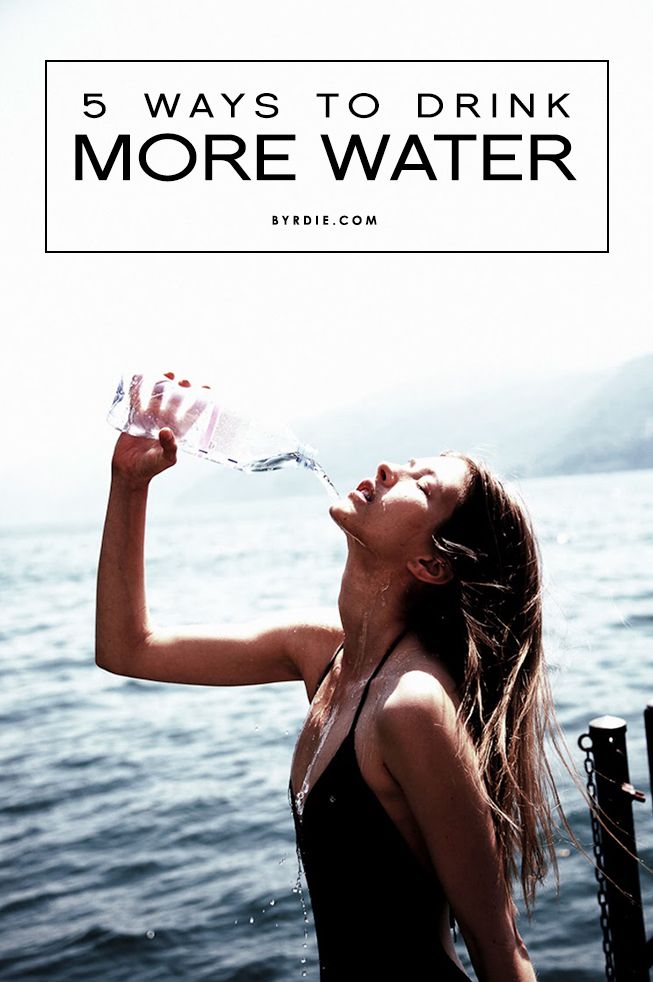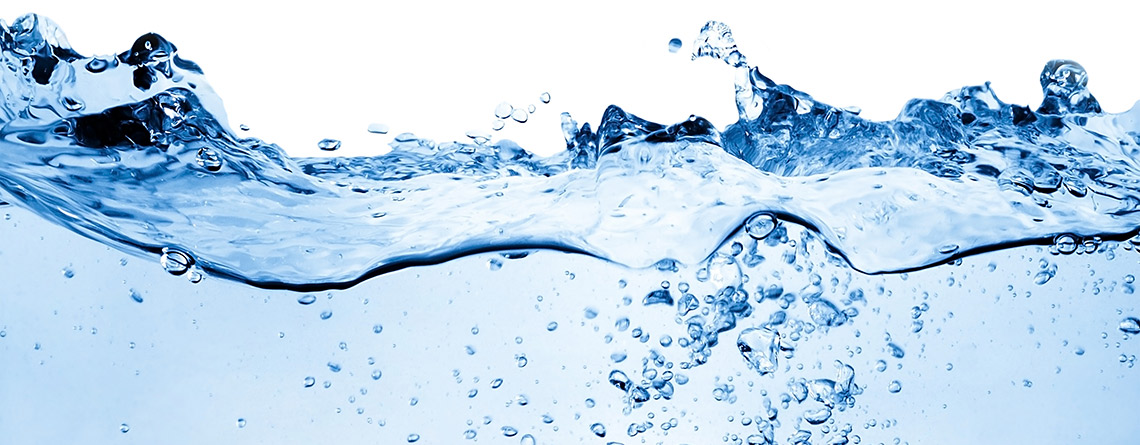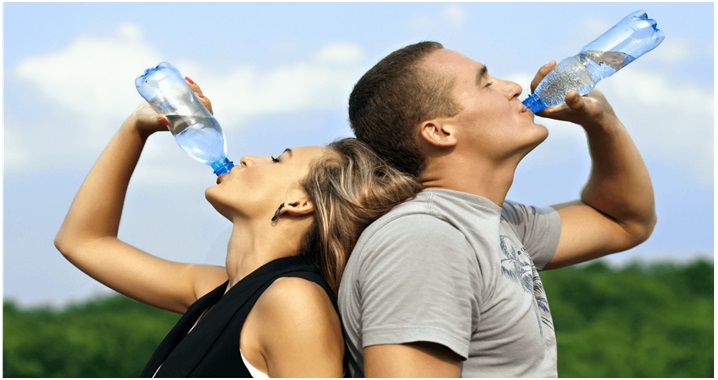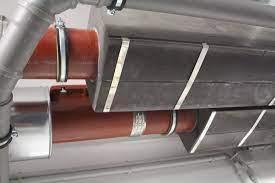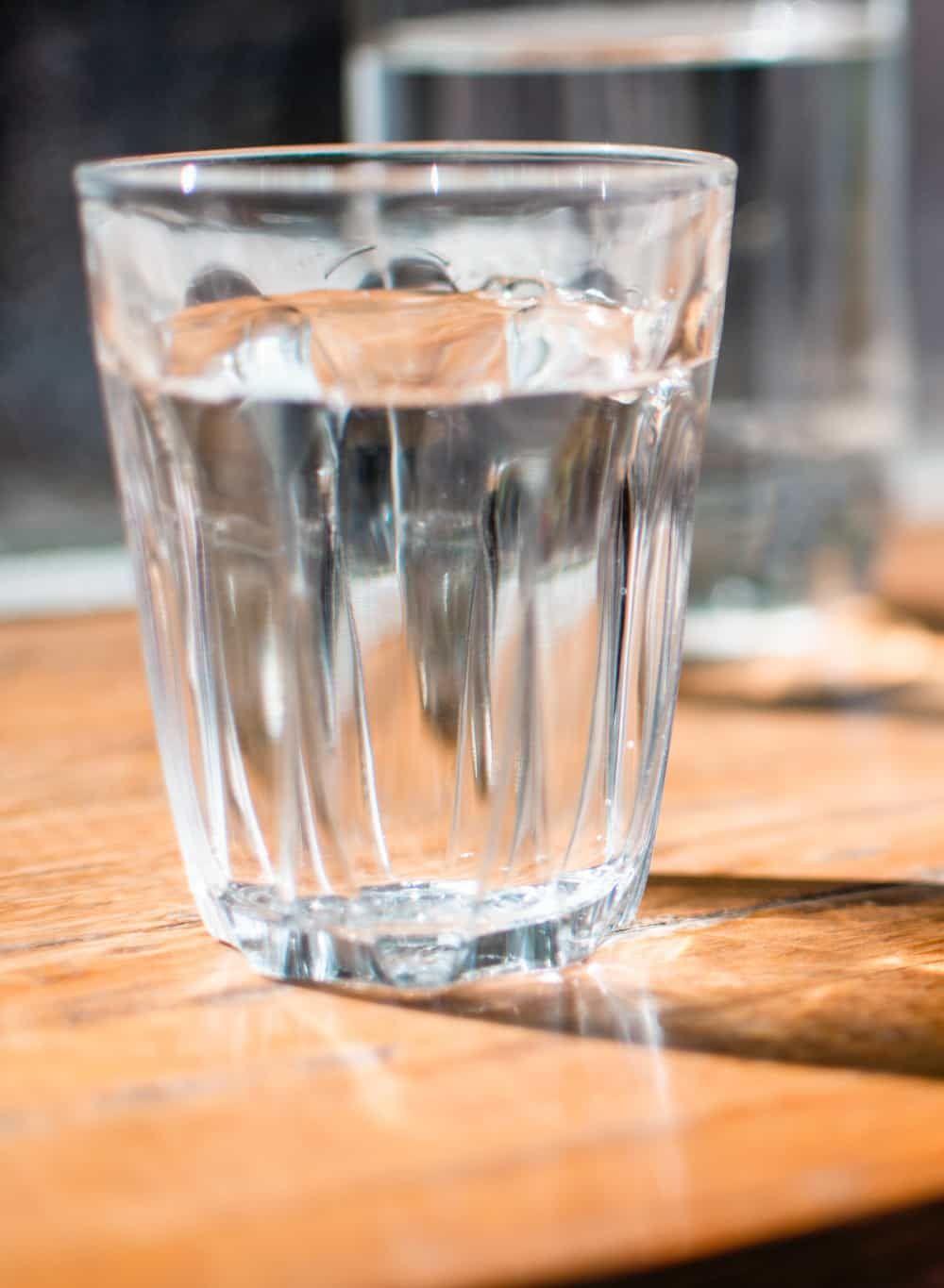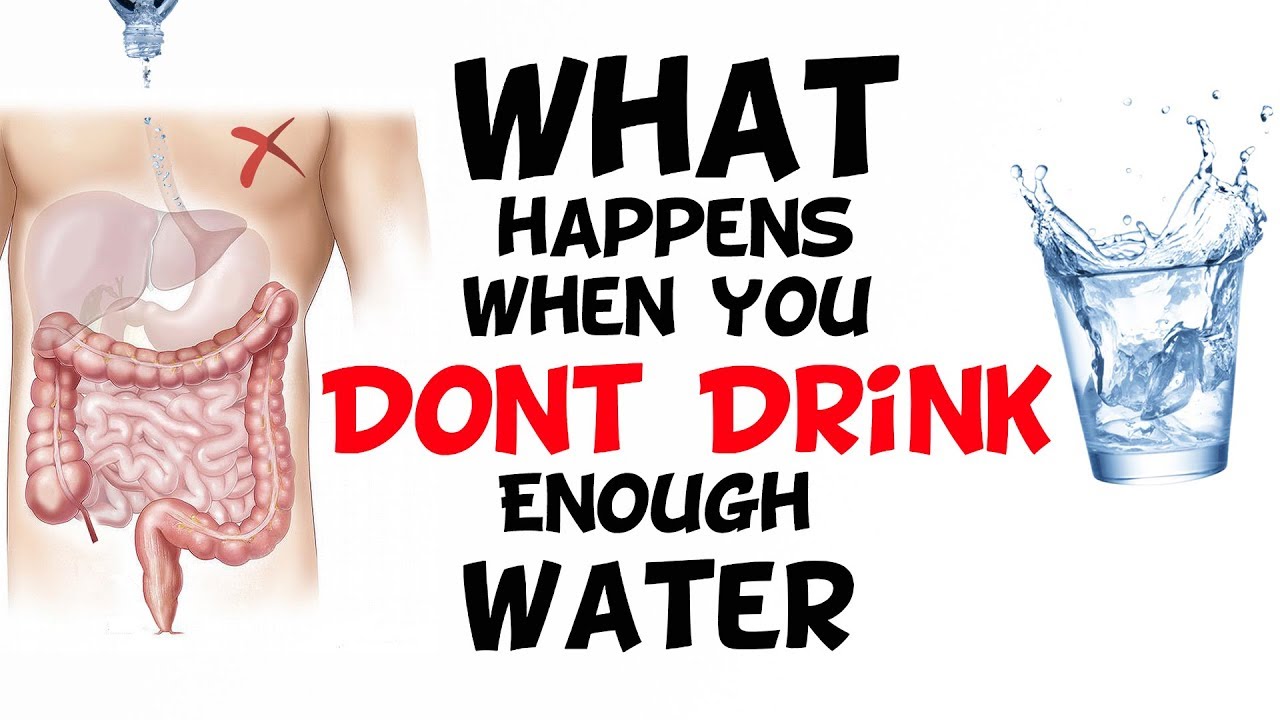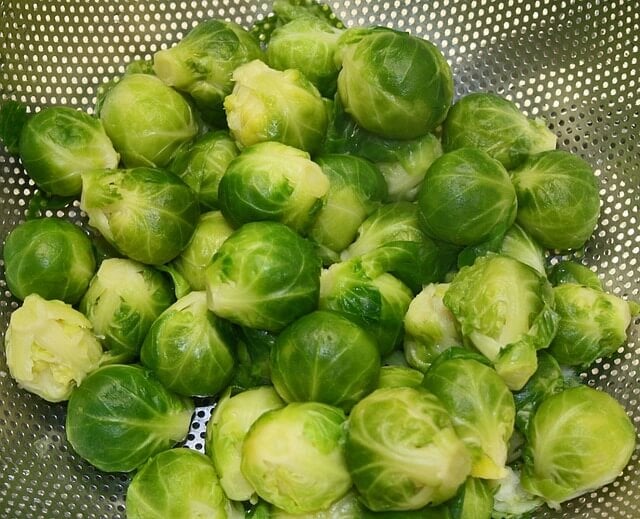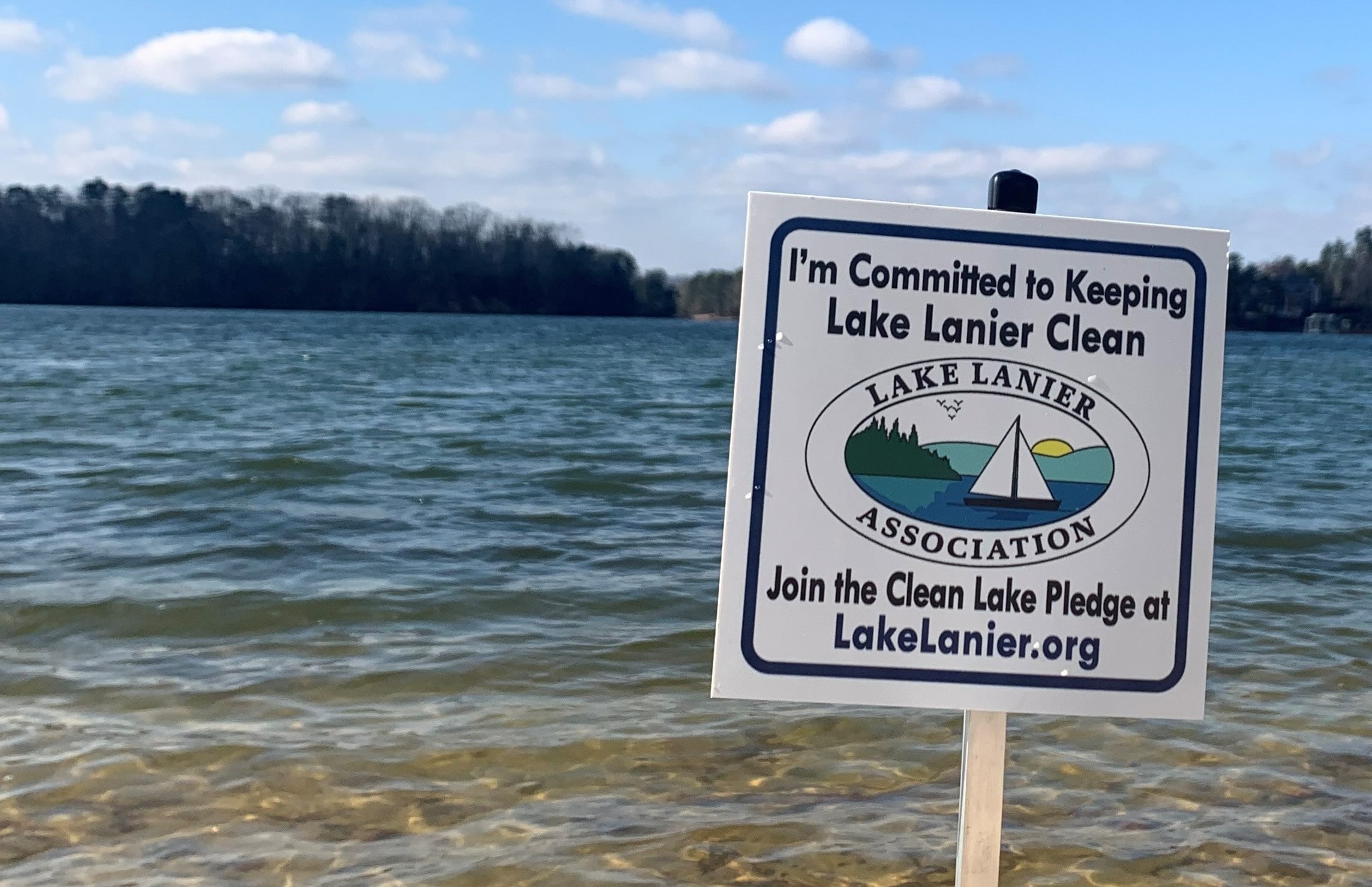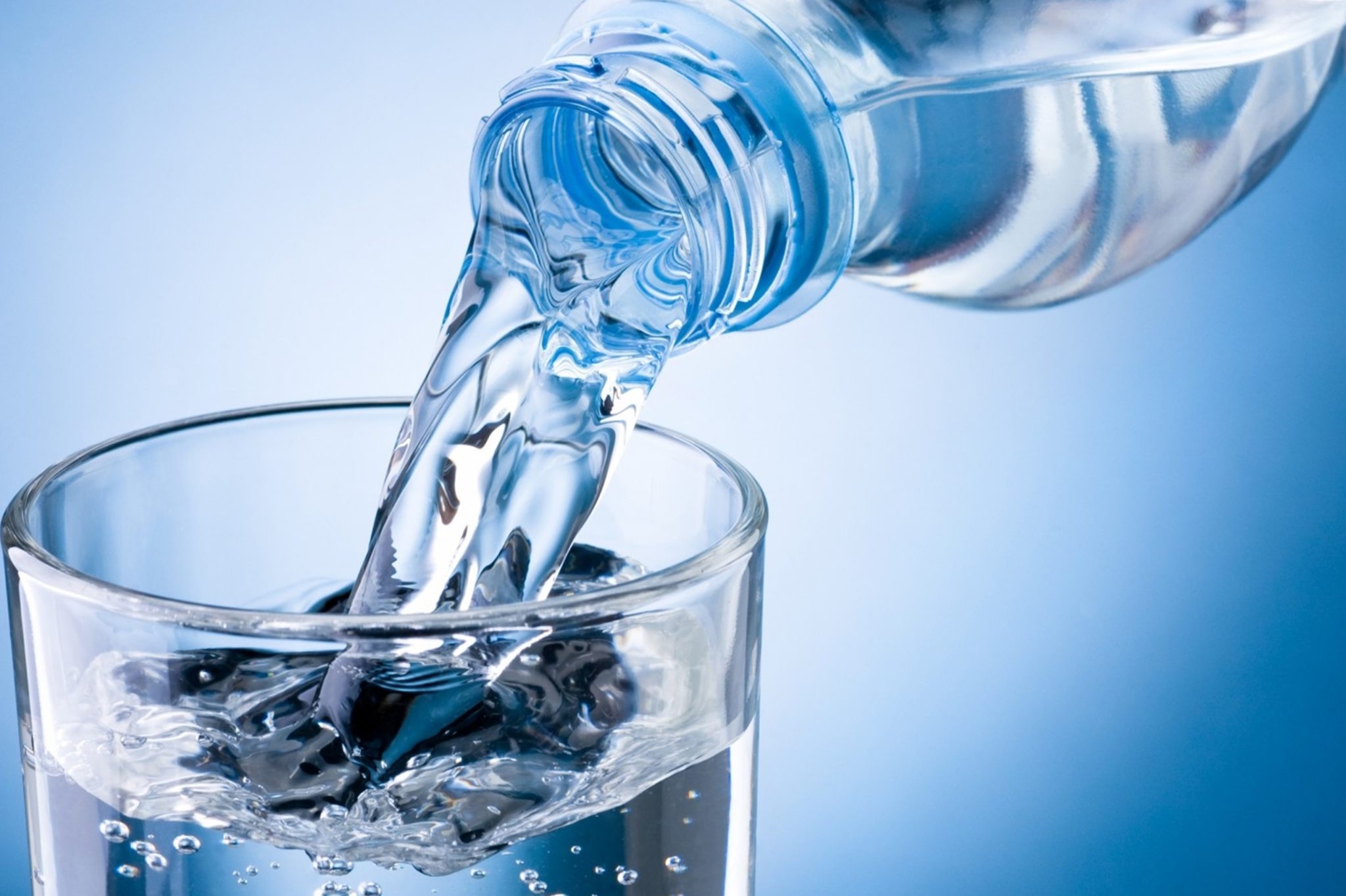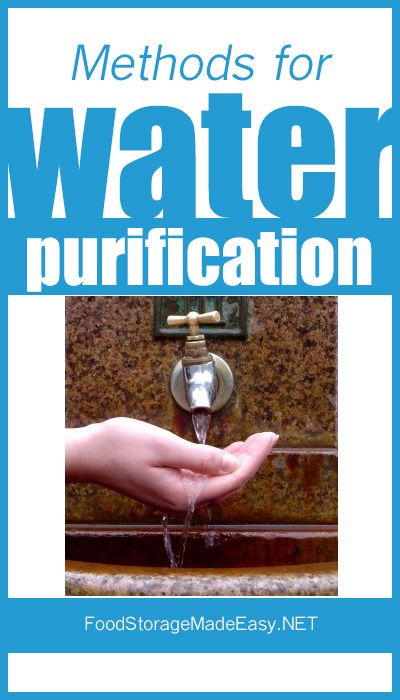
Is Fast Moving Water Safe To Drink
Is Fast Moving Water Safe To Drink? Fast-moving water, such as that found in streams, rivers, and waterfalls, can appear pristine and refreshing. However, it is important to be aware that fast-moving water can also pose a significant health risk due to the presence of harmful microorganisms and contaminants. Microbial Contamination: Fast-moving water often carries…








